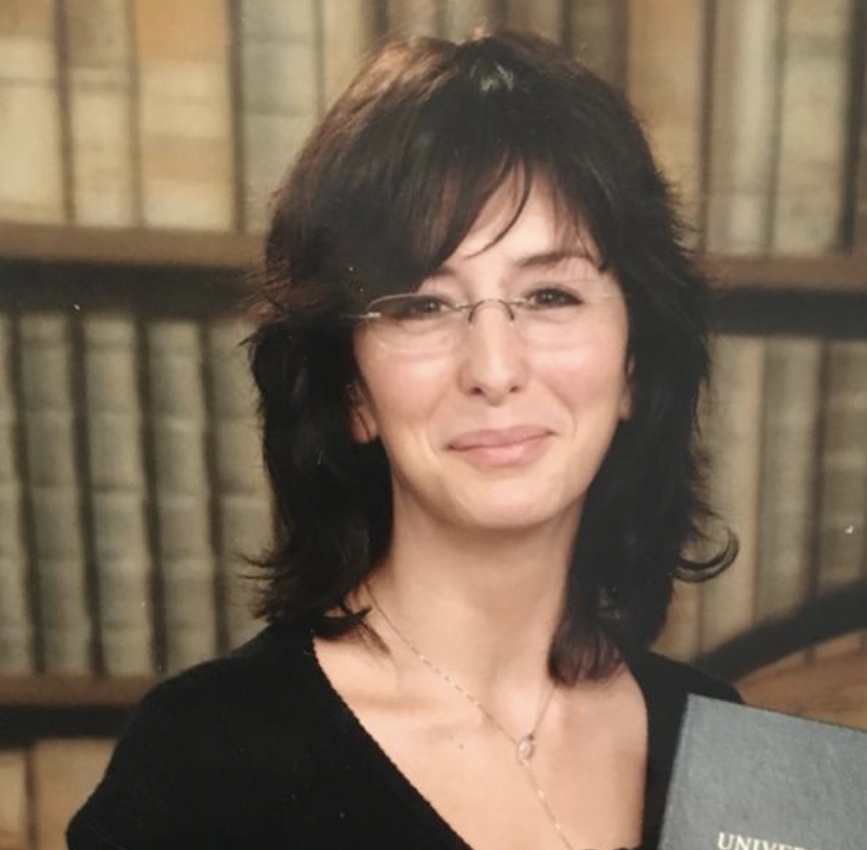
CMSI Lecture: Michela Borzaga – POSTPONED
Event date: Tuesday 28 April 2020, 5.30 – 7 p.m. POSTPONED – DATE TO BE ANNOUNCED
Location: Faculty of Arts and Philosophy, Blandijnberg 2, Faculty Room (first floor, right above main entrance)
“Trauma on the Move: ‘Temporal Poiesis’ in Bessie Head’s A Question of Power (1973) and J.M. Coetzee’s In the Heart of the Country (1977)”; given by Michela Borzaga (University of Vienna).
Abstract
Time is central to trauma. By definition, trauma puts time out of joint. Not abstract or clock time, but subjective, lived time. Like a rogue wave, trauma comes unannounced, washing the subject unexpectedly overboard. This phenomenon functions as a potent reminder of the plural, non-linear, often contradictory manners in which people might inhabit time. It is precisely this temporal loop, this overlap between past and present that has attracted scholars of trauma for a long time and keeps fascinating them to this day. When it comes to literature, a wide range of critics have provided compelling analyses of the experimental, non-linear emplotments that such temporal disruption necessarily entails. So far, however, the main tendency has been to interrogate and interpret this temporal complication through the lens of language, resulting in discussions mainly revolving around questions of representation and plot. Since the crisis of the sign has mostly been at the centre, the linking between trauma and lived time – the possibility of envisioning trauma as a mode of being in – or out of – time has remained, to a large extent, untheorised.
In the first part of my lecture – based on the first chapter of my monograph entitled “Trauma on the Move: Inside and Outside in the Contemporary South African Novel” – I consider new modes of re-thinking and re-theorising trauma through lived time within the specific context of (post)colonial South Africa. By drawing on Achille Mbembe’s philosophical meditations on memory and ‘temporal layers’ in the postcolony as well as his critical interpretations of time in the African literary text, I argue that traumatic temporalities should not be considered linear or irreversible repetitions on a linear temporal axis but as part of a dynamic layered knot, a complex fluid web of other, simultaneous temporalities. Envisaging lived time as a ‘tangle’ – instead of reiterating how the past linearly impinges onto the present – allows us to complicate the concept of trauma in important ways. First, it becomes more dynamic, less knowable, more unpredictable; second, the moment of trauma, when the past re-visits the present, is a traumatic temporality with a potential of its own, where future and present do not simply disappear or are erased but, rather, recede.
In the second part of my lecture I offer two examples, two reading exercises: Bessie Head’s A Question of Power (1973) and J.M. Coetzee’s In the Heart of the Country (1976). In the first novel, Elizabeth suffers from psychotic attacks as a result of internalised racism and terror. Her sense of time can be compared to a torn and tattered cloth. Her present feels heavy and bloated, what André Green calls le temps éclaté – pure present, exploded time. This has little to do with an orderly or linear succession of time but can be compared to how time feels in a dream. Rather than being progressive, it has a circular and cyclical structure. In the second example, Magda lives on an isolated farm in the middle of the Karoo semi-desert and her perception of time is inseparable from the specificities of space and the maddening conditions of inter-racial relationships. She calls it ‘the eternal present’ of the farm, describing it as a sluggish temporality. My talk concludes by showing how, through gardening in the first novel and writing in the second novel, lived time is depicted as a sort of fabric which can be ‘made’ and ‘re-made’, stretched and ‘moulded’. I call this remarkable human ability to create time ‘temporal poiesis’ (from the Greek poiein, to make).
Bio
Michela Borzaga studied English and Italian literature at the universities of Salzburg, Belfast, and Stellenbosch. She is working as a lecturer and post-doc assistant in the English department at the University of Vienna. She has co-edited Imagination in a Troubled Space: A Poetry Reader (Poetry Salzburg, 2004), Trauma, Memory, and Narrative in South Africa: Interviews (Brill/Rodopi, 2009) and Trauma, Memory, and Narrative in South Africa: Essays (Brill/Rodopi, 2012). Her research interests include South African literature, memory and trauma studies, critical theory, (post)colonial thinking, gender and motherhood studies. She is currently completing a book manuscript entitled “Trauma on the Move: Inside and Outside the Contemporary South African Novel”.
All are welcome. Admission is free, and registration is not required. For more information, please contact Stef Craps.
